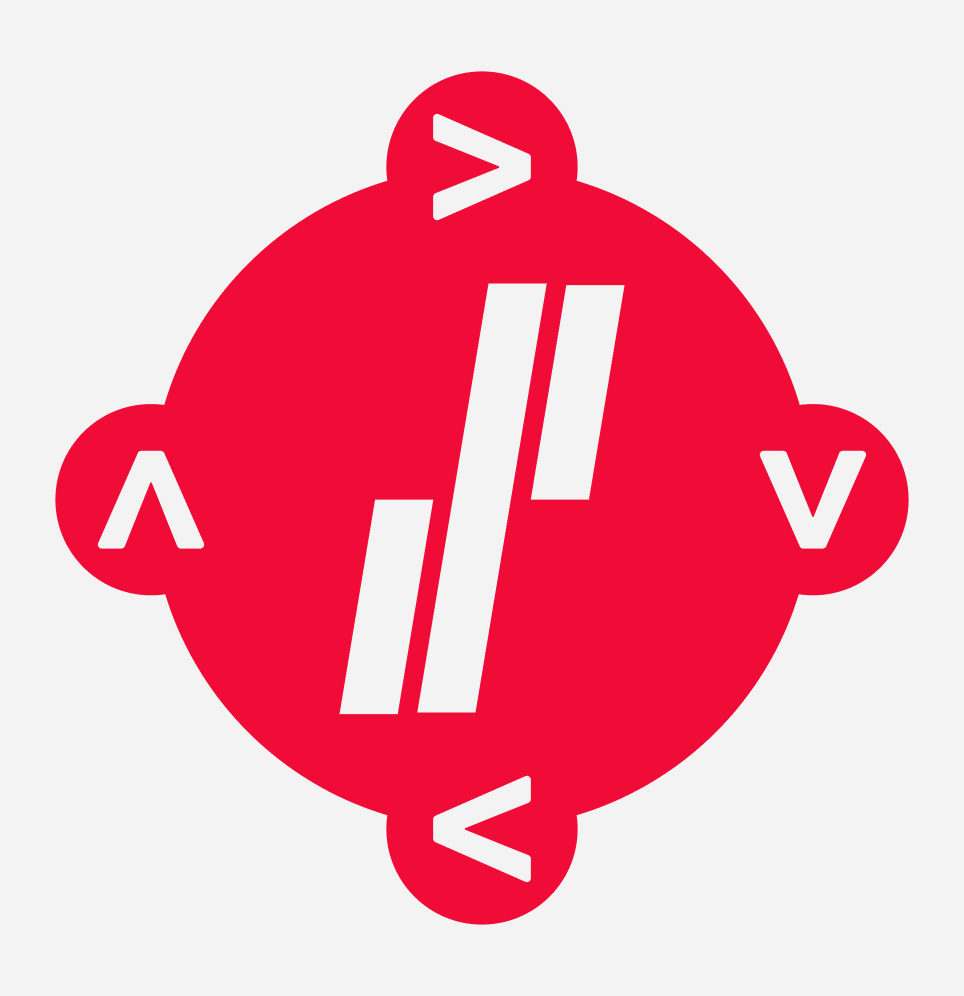Introducing HAGOPS™ — The Human-Agent Operating Standard
AI Agents Execute.Humans Orchestrate.Organizations Evolve.
The definitive operating standard for AI-native, Human-led organizations — transforming professionals into orchestrators who direct intelligent systems with judgment, context, and strategic power.
Why HAGOPS Exists

AI agents handle execution; humans must master orchestration. Traditional frameworks like Agile were designed to manage human execution. The Orchestration Cycle is the first standard designed to orchestrate human-agent collaboration.

Without a shared standard, professionals lose strategic control and risk displacement by those who can orchestrate AI agents effectively. Organizations struggle to scale AI adoption without a unified framework for human-agent collaboration.

HAGOPS solves both. It provides systematic orchestration for professionals and a scalable standard for organizations—the Agile methodology for the age of AI agents.
HAGOPS Is the Operating Standard
Four integrated elements that define systematic human-agent orchestration—from continuous methodology to core capabilities to guiding principles to practical tools.

The Orchestration Cycle
The five-phase continuous process that defines systematic human-agent collaboration: Direct, Design, Deploy, Discern, Evolve.
Explore the Cycle →
The 12 Core Human Disciplines
The capabilities that keep professionals strategically relevant—from critical thinking and judgment to systems design and ethical reasoning.
View All Disciplines →The Operating Principles
Ten principles that guide every orchestration decision—from "Humans Direct; AI Executes" to "Human Dignity Maintained."
View All Principles →
25 Professional Tools
Decision architectures, delegation matrices, validation frameworks, and orchestration playbooks—everything needed to operate above the loop.
Browse Toolkit →The Operating Principles
These principles inform every phase of The Orchestration Cycle and guide the application of The 12 Core Human Disciplines.
View Full Principles & How to Apply Them →Discover Where You Stand
Take the 5-minute AI-Native Readiness Assessment and discover your mastery level across the 12 core disciplines. You'll receive:
- • Your AI-Native Readiness Score (0-60)
- • Breakdown of all 12 disciplines
- • Your personalized orchestration roadmap
- • Priority access to founding cohort
Over 1,200 professionals have assessed their readiness. What's your score?
No spam. Unsubscribe anytime. Your data is secure.
Become a Certified AI Orchestrator
Master the 12 Core Human Disciplines through intensive training and real-world application.
HAGOPS Practitioner
The foundational certification for professionals mastering AI agent orchestration. Learn to design human-AI collaboration, exercise judgment over automation, and stay strategically relevant.
What You'll Master:
- •The Orchestration Cycle - Five-phase continuous process
- •The 12 Core Human Disciplines - From critical thinking to reputation management
- •The Operating Principles - Ten principles guiding every decision
- •25 Professional Tools - Decision architectures and validation frameworks
Limited to 500 professionals in founding cohort. Priority access for early applicants.
Common Questions
Why do I need to become an AI Orchestrator?
As AI agents automate execution-level work across every function, professionals who remain relevant are those who orchestrate AI systems rather than compete with them. Orchestration—the ability to direct AI agents, exercise judgment, and maintain strategic command—is becoming the core professional capability. Without it, you risk displacement as execution tasks become automated. HAGOPS trains systematic orchestration so you stay above the loop, not under it.
When does certification start and what's the time commitment?
The founding cohort launches March 2025. Certification is 8 weeks: 2-day intensive + 6 weeks applied practice on your real work. Expect 6-8 hours per week. This is the investment required to transform from executor to orchestrator and secure your strategic position before orchestration capability becomes table stakes.